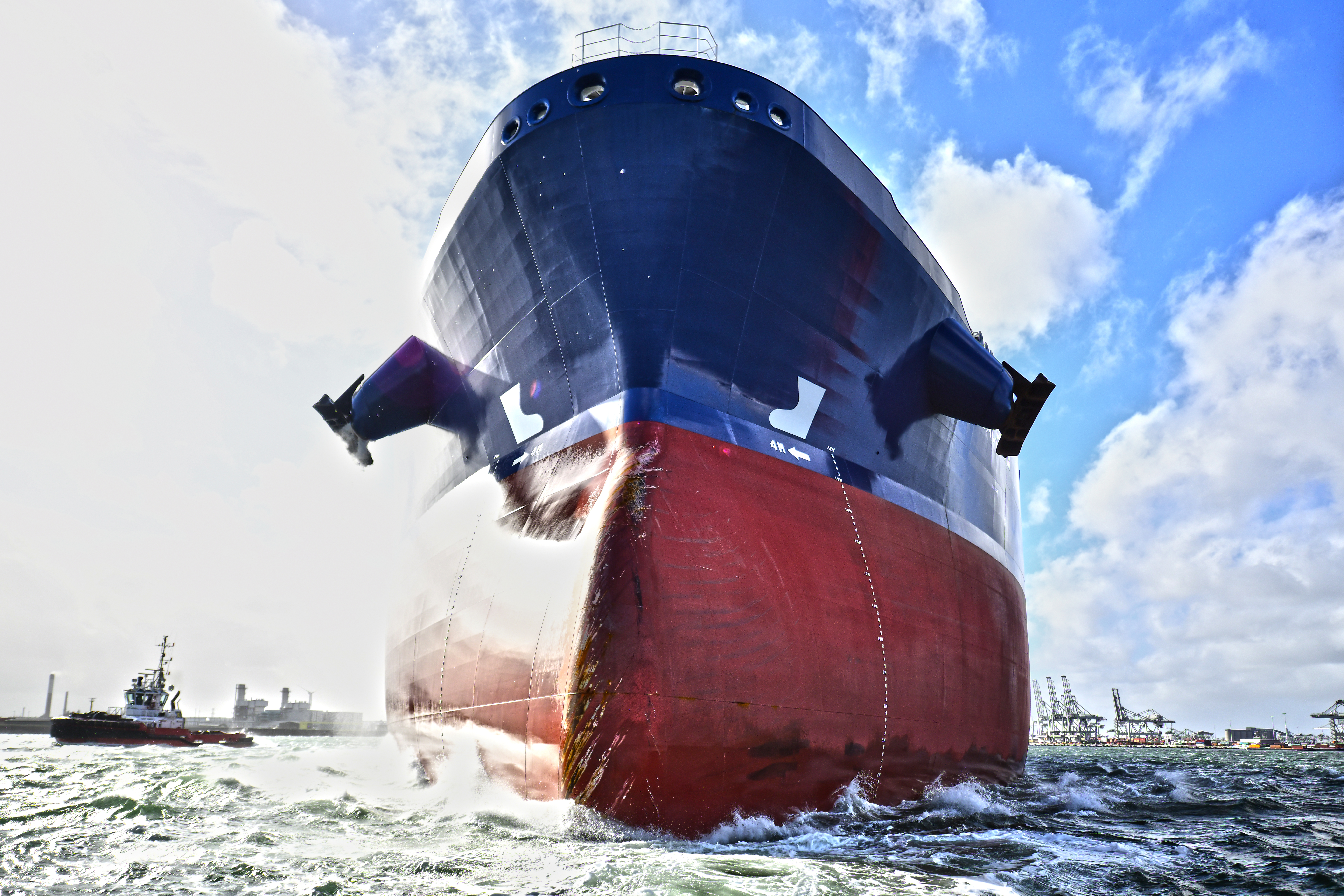Enclosed space deaths continue to be one of the biggest occupational hazards aboard ship.
Several years ago, InterManager launched a survey on enclosed space deaths, to which 5000 seafarers responded. A number of issues were raised, in particular:
• Procedures often seem to seafarers, difficult to understand, confusing, and do not take account of the resources, equipment and time available aboard the vessel.
• Investigations of fatalities point to failures in the victims and in particular their failure to follow procedures.
• Commercial/time pressure is a significant factor and was described as ‘verging on abuse’.
• Design and equipment added to the problems by creating hazards.
• Training was seen as being limited to tanker trades.
In response to these findings, eighteen months ago the Human Element Industry Group (HEIG) set up the Enclosed Space Project. The project involves the HEIG members and some 50-100 maritime sector individuals examining a number of areas with a view to influencing changes in regulations, industry practice, and training, as well as improving awareness of the problems faced by seafarers.
Most of the analysis is complete and it is appropriate to share some of this as HEIG moves into rolling out its action programme to deal with the problem.
The problems identified include:
• Excessive reliance is placed on procedures for managing enclosed space entries.
• Enclosed space procedures are complex, labour and time intensive, and require active management.
• They may require specialist equipment and trained rescue teams.
In addition, regulation is built around IMO 1050(27) ‘Revised Recommendations for Entering Enclosed Spaces Aboard Ships” which was last updated in 2011. There are some significant issues with this document and HEIG is preparing a submission to IMO, in conjunction with Flag States, to address some of these concerns. The UK’s Code of Safe Working Practices (COSWP) have recently been revised with the participation of HEIG members, and ISGOTT 6th Edition was revised in 2020, jointly published by OCIMF, ICS and IAPH, which includes guidelines and recommendations for enclosed spaces. Further changes to industry practices are being considered.
In conjunction with MAIIF (Marine Accident Investigators International Forum), the group looked at accident investigations and data which reinforced the views expressed above. MAIIF has written guidance on investigating enclosed space incidents that will widen the scope of the investigation beyond the immediate incident and will emphasise organisational factors, equipment and its availability, as well as the time available for the entry.
Welcoming the publishing of the initial findings and thanking those organisations who share InterManager’s views on this problem, Capt Kuba Szymanski, InterManager Secretary General and a member of the HEIG committee, said: “For too long we have blamed the deceased seafarer for making a mistake for which they paid the ultimate price. HEIG is delving deeper into this issue to examine the more complex reasons for fatal incidents and we welcome these initial findings. Hopefully the committee’s continuing work will enable the shipping industry to devise better procedures and create solutions to prevent these largely avoidable deaths.”
Tags: crew InterManager safety seafarers


